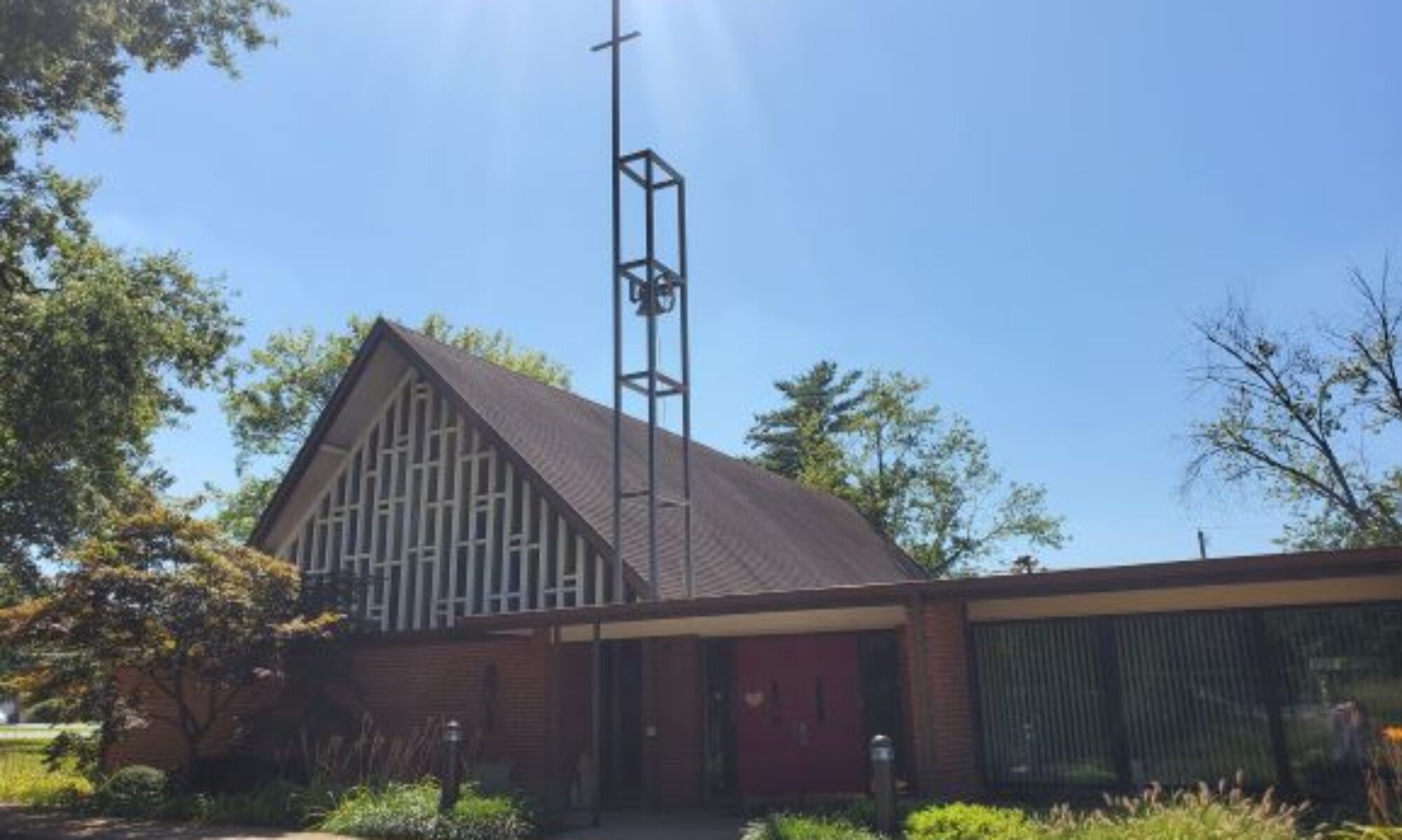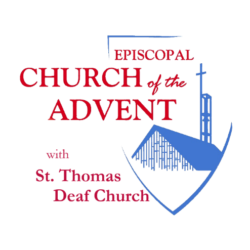Over the last decades, ‘community’ has become a buzz-word in Church circles. We use it a lot here at Advent. Some people correctly complain that it has almost lost its meaning. We have a misty, almost sentimental or nostalgic idea of what community is. It is a gathering of like-minded people who enjoy one another’s company. But then we mean something more when we talk about how it takes a community to raise a child. So what, exactly, do we mean here at Advent when we use that word?
In my teaching and preaching I have developed a concise definition of the word community. A community is a network of mutual obligation. Perhaps we bristle at the word obligation, but that idea is essential to a functioning community. Robert Frost, in his poem “The Death of the Hired Hand,” wrote the line, “Home is the place where, when you have to go there, they have to take you in.” A community is like home in that regard. Each member has added, through his or her presence and gift, to the common fund of meaning, purpose, and good. By virtue of that gift, each person has a ‘call’ on the common fund of good or favor. Mary Douglas, an anthropologist, has said that true poverty is not the lack of money, but having no favors to call in. To have no community whose favor a person can count on is to become a nobody.
What are our contributions to the common fund? First, to show up. If nobody showed up on a Sunday, there would be no Church, no community. Our very presence is already a gift to the common purpose and meaning of the community. Then, each of us, in our own way adds to common pool of value. It can be as simple as preparing coffee hour several times a year. Or even simpler – just listening to the concerns of another member of the community and promising to pray. Working in the garden, going out to lunch or dinner with a group of friends in the community – all of these are ways of adding to the common fund. And, of course there is the obvious way; contributing money to the Church to keep the bills paid. But the greatest contribution we can make is simply week by week showing up for worship, adding our voices to the songs and prayers of the community, sharing our joys and sorrows, our triumphs and worries, with one another. All these things add up to a very rich common treasury on which we can all draw when we need help and support.
That’s why at Advent, we say, “We’re going to be in your business.” If we start to withhold our ‘business’ from one another, if we don’t share our joys and worries, if we stop showing up on Sunday morning, pretty soon, we have lost our ‘call’ on that common fund. One of the things that I like best about Advent is that we are generous with that common fund. I have more than once been called on by a hospice chaplain or hospital chaplain to visit someone who has long been away from the Episcopal Church, but wants its ministries in a time of crisis, and Advent has always been very generous with my time. We have often welcomed people for short periods of time who have been on a journey, and needed a place to rest and recuperate from some injury done in another Church, or in family, and we have welcomed them in, knowing they wouldn’t stay long.
It is precisely this understanding of community as a network of mutual obligation that is missing in the public discourse in our larger communities at the moment. Everyone, even (or especially) our politicians, seems to be working on the principle, “What’s in it for me?” No one is willing to add to the common fund, but only extract what they can. Institutions will soon collapse if we all operate like that. Unfortunately, we don’t have a vocabulary to talk about what is in exchange, what currency adds to the common fund. Money hides that system mutual obligation behind the screen of the market. My grandmother sold eggs and cream to make her ‘pin money.’ People came out to the farm to buy, and they knew where their eggs and cream came from, and knew that she needed that money for the incidentals on the farm. They also knew that she would do favors for them when needed. In her diaries, she records one year when my grandfather had to register the farm trucks, and the cost was $10. It was all the ‘butter and egg money’ she had. But everyone in town was in the same boat, and so made sure they contributed to the common fund (like hot dishes at Church socials), so it would be there when they needed it.
Now, when we buy our eggs at the grocery store, we don’t see the farmer behind the store (indeed, those eggs likely come from a CAFO – concentrated animal feeding operation – a factory). And so we can delude ourselves that we don’t need to make any contribution to the common fund. Now, we buy books from Amazon, and wonder why the corner bookstore, where we used to drink coffee, went out of business. My dad told me when I moved away from home and got my first car, always to buy gas at the local full-service station that had a garage, even if it was more expensive than the gas at the convenience store. That way, when I needed to get my car fixed, they would know me. Nowadays, there are no full-service gas stations left.
The Church must model community now for the rest of the world. At Church, we go a step further and acknowledge that none of us can live without recognizing our dependence not just on each other, but on God. It is through the common fund of the Church that we draw on God’s favor. It is God’s gift of God’s self in the Incarnation that forms the whole ‘currency’ of self-gift that sustains our very lives. This is what we mean by God’s grace. Now, more than ever, we need a robust understanding of community as a network of mutual obligation if we are to survive these times.

